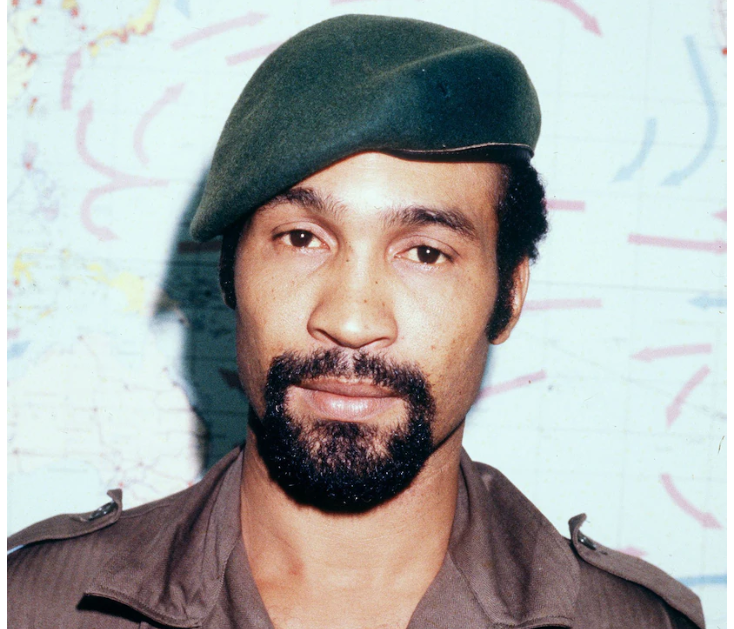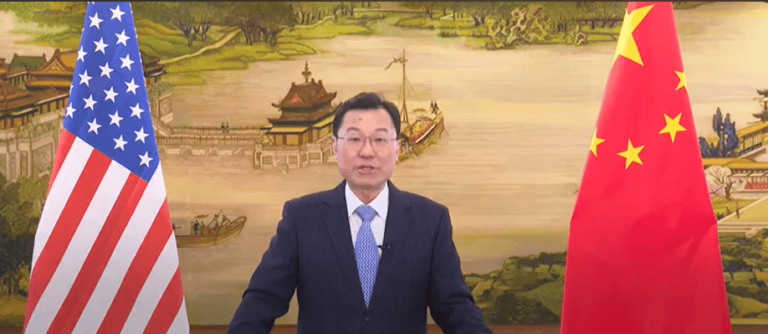Desiré Delano Bouterse, the polarizing figure whose life intertwined deeply with Suriname’s history, passed away a year after his conviction for the infamous December murders. He died in hiding, escaping imprisonment but leaving behind a legacy of controversy, political resilience, and national division.
A Life Shaped by Power and Polarization
Born on October 13, 1945, in Domburg, Bouterse came of age in a colonial Suriname. His early years in the Dutch army set the stage for his return to Suriname in the 1970s, where he would orchestrate the Sergeants’ Coup of 1980. This coup, initially applauded for opposing corruption, marked the beginning of his authoritarian rule.
Bouterse’s military regime quickly revealed its darker side, with events like the December murders of 1982. On the night of December 7–8, fifteen critics of his regime were tortured and executed. His infamous defense—“It was them or us”—failed to convince many, as evidence refuted his claims. Yet, he maintained his narrative, framing these actions as necessary measures against alleged coup plots.
The December Murders and Legal Battles
The December murders haunted Bouterse throughout his life. A criminal trial that began in 2007 culminated in his conviction in December 2023 for his leading role in the killings. Despite being sentenced to 20 years, he evaded justice, dying as a fugitive on Christmas Day 2024.
This was not Bouterse’s first conviction. In 1999, he was sentenced in absentia by a Dutch court to 11 years for drug trafficking. Both cases, however, did little to diminish his popularity among certain segments of Surinamese society, who often viewed his trials as politically motivated.
A Tumultuous Political Career
Bouterse’s political journey was marked by dramatic highs and lows. As the leader of the National Democratic Party (NDP), he managed to win power multiple times, despite the controversies surrounding him. His presidency from 2010 to 2020 was characterized by economic mismanagement, hyperinflation, and mounting foreign debt, yet his charisma and populist rhetoric endeared him to many.
His return to power in 2010 was driven by promises of economic improvement. However, under his leadership, Suriname faced severe financial crises, leading to his ousting in 2020. By then, his administration had accumulated over $4.5 billion in foreign debt, and the country was once again grappling with hyperinflation.
A Polarizing Figure in Surinamese History
Bouterse’s legacy is one of profound polarization. To his supporters, he was a man of the people, standing up for the poor and resisting colonial influences. His famous slogan, “Braka basi, a kaba” (White boss, enough is enough), resonated deeply with many. To his detractors, he was a despot who undermined democracy, violated human rights, and left a trail of economic and social turmoil.
His authoritarian tendencies were highlighted during his military regime, which also saw the Moiwana massacre—a brutal retaliatory attack during the Civil War (1986–1992) that claimed the lives of 39 civilians. Despite such atrocities, his ability to connect with the average Surinamese person ensured his continued relevance in the nation’s politics.
Bouterse’s Final Chapter
Bouterse’s death came just days after police revealed they had raided his home four times in an attempt to locate him. Ironically, his body was found close to home in Paramaribo. A year of evasion ended with his passing, raising questions about whether authorities had truly sought to bring him to justice.
Even in death, Bouterse remains a figure of political importance. The NDP, which made him honorary chairman, has hinted at leveraging his legacy in the upcoming elections in May 2025, potentially using his narrative as a political martyr to rally support.
The End of an Era, But Not the End of Division
Desi Bouterse leaves behind a deeply divided Suriname. His life story, marked by military coups, political comebacks, and unyielding controversy, ensures his influence will be felt long after his death.
While some view him as a hero of decolonization, others see him as a cautionary tale of unchecked power. Regardless of perspective, Bouterse’s impact on Suriname’s history and identity is undeniable. His death may close one chapter, but the divisions he embodied are far from resolved.












+ There are no comments
Add yours